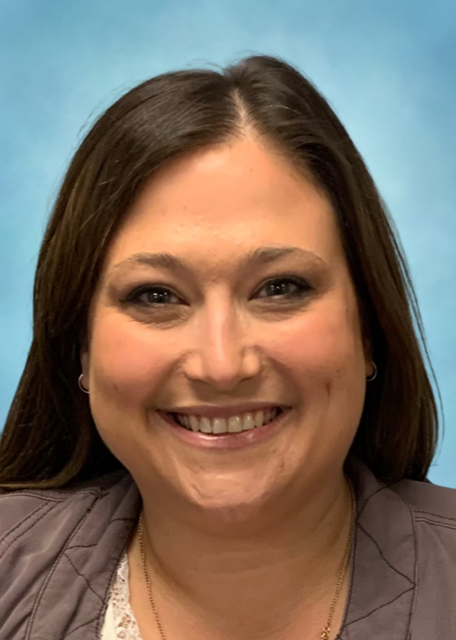The National Institutes of Health ranked cancer as the ninth most-researched illness, with an estimated annual spend of $7.6 billion. Funding for research studies can come from multiple sources, such as the National Cancer Institute (NIC), drug manufacturers or private foundations, such as the Susan G. Komen Foundation.
Cancer research strives to find new and innovative treatments like those studied in clinical trials at Knox Community Hospital. Through a partnership with the Columbus NCORP (NCI Community Oncology Research Program), patients can participate in studies that might not ordinarily be available in small, rural communities.
"Due to our partnership, Knox Community Hospital and our patients have access to over 100 studies at a time and in many different categories like lung, colon, and breast cancer," said Laura Allerding BSN, RN, a clinical research nurse at Knox Community Hospital. "NCORP provides a list of available studies to screen our patients for. I am able to identify patients that meet criteria for eligible studies, then enroll the patient if they are eligible and willing to participate."
The studies cover many types of cancer, including but not limited to colorectal, breast, prostate, lung and bladder cancers. An obvious advantage of participating in these studies is that it may result in better outcomes for the patient. On average, 200 patients are seen at KCH for treatment each year, with a few dozen enrolled annually in clinical trials.
"Patients can participate in research studies that look at different causes of cancer and/or how it can be prevented," she told the Mount Vernon News. "Studies also may identify different ways to manage symptoms and side effects related to treatment, or the study may look at new drugs to assist in finding the best treatments."
Participation in studies is completely voluntary, Allerding said. "Patient identification data is kept anonymous. Cancer patients have more choices today than ever before. It's up to the patient to decide whether to follow a standard of care regimen using drugs known to be effective, or to pursue a study with new drugs not widely available to the public.”
"It's really individualized to the person and the type of cancer that they have. Genetics are more prevalent in newer studies," she said.
Eligibility for these studies may depend on the type of cancer a patient has. Some studies are based on whether a patient has a specific gene mutation scientists are scrutinizing, Allerding said. In other cases, it could depend on how aggressive the cancer is and whether it has spread to other areas in the body. If a patient has underlying conditions like poor kidney function or prior cancer history, they may not be recommended for a trial.
Once a patient is enrolled in a relevant study, the portion of treatment that goes outside of standard treatment is often paid for by the study. This can include specialty scans, X-rays, lab work or medication.
"Cancer research has grown exponentially over the last few years," Allerding said. "We have many more treatment options than ever before. We also have some curative options for certain types of cancers now that we didn't have in the past. And that's all because people decided to participate in research."
For information, call Knox Community Hospital at 740-393-9000.







